The following books are nonfiction for children and young adults. Most are available from Amazon. I include them to give you an idea of my background. The books most important to me now are The Messenger & The Skeptic and Quarry Face, because both convey my cosmic perspective, with hopes it will awaken your own.

Coming Of Age: Traditions and Rituals From Around the World (Millbrook Press, 1994)
An anthropological perspective on coming-of-age rituals in societies around the world examines elements unique to specific rituals as well as elements common to all.

Inside Biosphere 2: The Rainforest (Biosphere Press, 1993)
Curious young explorers learn the crucial role of the rainforest biome in Biosphere 2, (the huge greenhouse in which scientists lived to investigate Earth’s ecosystems), and in the larger biosphere of Earth.

Adoption Controversies (The Changing Family). (Franklin Watts, 1993)
Examines the various forms of adoption, as well as foster care and surrogate mothering, focusing on the prospects and disadvantages faced by both child and parent. Selected for The New York Public Library’s 1994 “Books for the Teen Age” list.

Endangered Peoples. (Millbrook Press, 1993)
Examines five ethnic groups living tribal existences around the world and shows how assimilation into mainstream society and other factors are threatening their cultures.

Dating Dinosaurs And Other Old Things (Millbrook Press, 1993)
Gives up-to-date examples of the techniques used to date fossils and ancient artifacts–such as genetic studies, radiocarbon dating, and dendrochronology–with several experiments and projects to help kids better understand the techniques.

North American Indian Tribal Chiefs. (Franklin Watts, 1992)
Discusses Indian tribal chiefs in the past and present and examines the lives of four prominent chiefs, from Tecumseh to Wilma Mankiller.
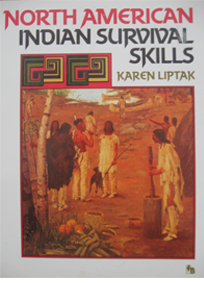
North American Indian Survival Skills. (Franklin Watts, 1992)
Describes methods used by various North American tribes to find food, shelter, clothing, and medicines.
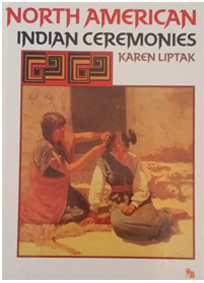
North American Indian Ceremonies (Franklin Watts, 1992)
Describes a variety of Indian tribal ceremonies and rituals, including those for war and peace, hunting and gathering, and healing.
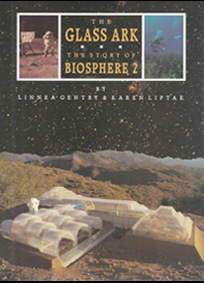
The Glass Ark: The Story of Biosphere 2. (co-authored with Linnea Gentry for Viking/Puffin, 1991)
Describes Biosphere 2, a huge greenhouse in which eight scientists were to live for two years, investigating Earth’s ecosystems by studying 3,800 plant and animal species contained under various environmental conditions inside. Junior Library Guild selection.

Indians of the Southwest. (Facts on File, 1991)
One of the volumes in a series on the major North American Indian tribes. Each book presents a history of the beginnings, the way of life, the rituals and the changes which have affected the lives of the particular tribes concerned. Nominated For Best Book for Young Adults by ALA 1991.
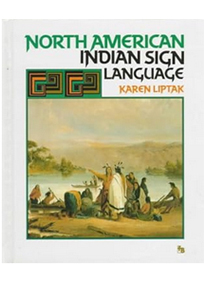
North American Indian Sign Language. (Franklin Watts, 1990)
Describes the basic vocabulary needed to communicate in the most commonly used form of sign language used among North American Indians. Illustrated by Don Berry.

Out in the Night. (Harbinger House picture book, 1989)
Introduces the habits and habitat of nocturnal animals in fourteen locations around the world. Illustrated by Sandy Ferguson Fuller.
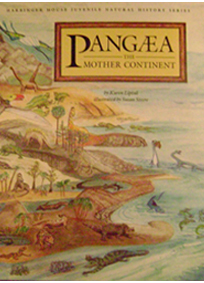
Pangaea: The Mother Continent (Harbinger House picture book, 1989)
Traces the history of the earth’s land forms and plant and animal life, from the first emergence of land masses to the beginning of the Cenozoic era approximately sixty million years ago. Illustrated by Susan Steere.

Robotics Basics (Prentice Hall, 1984)
Introduction for young people to robotics from early Egyptian automatons to the present with a glimpse into the future.
